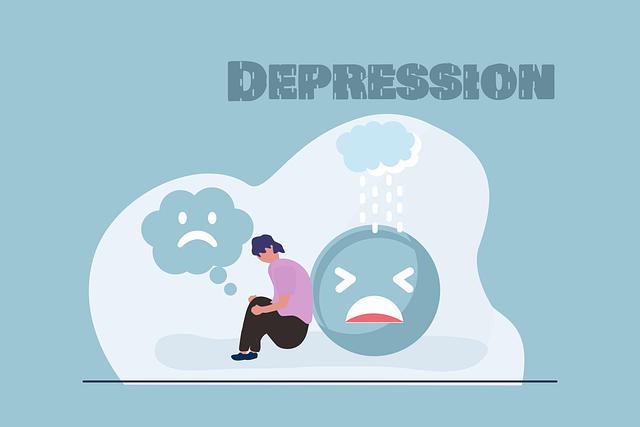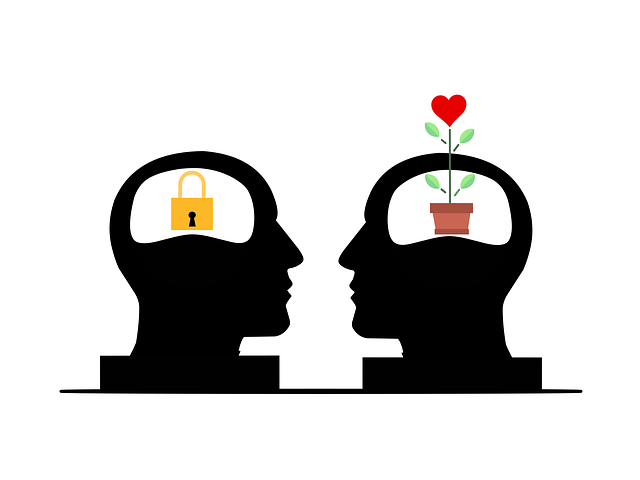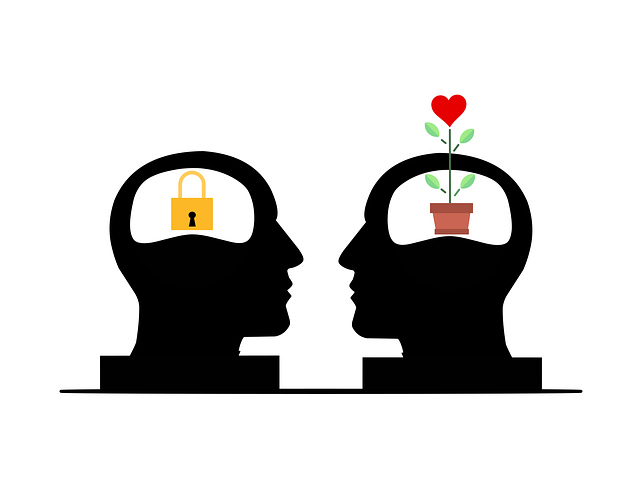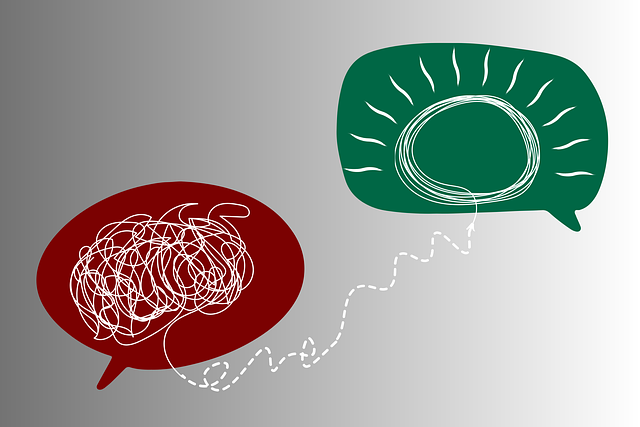Denver Adolescent and Teen Therapy (DATT) offers Social Skills Training (SST), an evidence-based program designed to help teens with mental health conditions improve communication, build relationships, and manage emotions in social settings. Through role-playing scenarios, group discussions, mindfulness practices, and education on emotional regulation, SST empowers young people to overcome challenges like anxiety, depression, and social phobias. DATT's holistic approach, backed by a dedicated team and innovative risk management planning, fosters positive thinking and enhances overall well-being.
Social skills training is a powerful tool for individuals with mental health conditions, offering a path to enhanced interactions and improved well-being. This article explores how specialized programs, like those provided by Denver Adolescent and Teen Therapy, can transform social dynamics. We’ll delve into the strategies and techniques used, shedding light on their effectiveness in fostering meaningful connections. Understanding these approaches is key to unlocking better mental health outcomes for teens.
- Understanding Social Skills Training for Mental Health Conditions
- The Role of Denver Adolescent and Teen Therapy in Improving Social Interactions
- Strategies and Techniques Used in Social Skills Training Programs
Understanding Social Skills Training for Mental Health Conditions

Social Skills Training (SST) is a therapeutic approach designed to enhance interpersonal interactions and improve communication for individuals managing mental health conditions. This evidence-based method recognizes that many mental health struggles can stem from difficulties in social settings, leading to feelings of isolation and increased symptoms. By focusing on teaching practical social skills, SST empowers individuals to navigate relationships more effectively, fostering better connections with peers, family, and support systems.
At Denver Adolescent and Teen Therapy, we incorporate SST into our comprehensive treatment programs, targeting specific challenges such as anxiety, depression, or social phobias. Our therapists utilize techniques like role-playing scenarios and group discussions to help clients develop mindfulness, assertiveness, and active listening skills. Through this process, adolescents and teens learn to manage emotions in social contexts, prevent burnout, and apply the principles of Mind Over Matter. Additionally, our Community Outreach Program Implementation ensures that these skills are reinforced outside the therapy setting, promoting a supportive environment where individuals can thrive socially while managing their mental health effectively.
The Role of Denver Adolescent and Teen Therapy in Improving Social Interactions

Denver Adolescent and Teen Therapy (DATT) plays a pivotal role in empowering young individuals with mental health conditions to navigate their social environments more effectively. Through specialized programs, DATT offers tailored support that goes beyond traditional therapy models. The approach focuses on enhancing communication skills, emotional regulation, and social awareness—crucial elements for positive interactions. By fostering these abilities, DATT equips adolescents with the tools necessary to build meaningful relationships and integrate into their communities.
This holistic strategy is particularly effective in addressing the unique challenges faced by teens struggling with various conditions, such as anxiety, depression, and mood disorders. With a dedicated team of experts, DATT implements evidence-based techniques that promote positive thinking and improve overall mood management. The center’s innovative Risk Management Planning for Mental Health Professionals ensures a comprehensive and safe environment, allowing individuals to develop resilience in their social interactions, ultimately enhancing their quality of life.
Strategies and Techniques Used in Social Skills Training Programs

Social Skills Training Programs employ a multifaceted approach to help individuals with mental health conditions navigate and thrive in social environments. Strategies often include role-playing scenarios, where participants practice adaptive behaviors in simulated real-life situations, fostering confidence and improving response times. This dynamic method allows for immediate feedback, enabling individuals to refine their interpersonal skills.
Additionally, programs integrate techniques like mindfulness meditation and emotional regulation strategies. Mindfulness exercises help individuals become more aware of their thoughts and feelings without judgment, enhancing their ability to manage distressing emotions. These practices, combined with education on mental wellness, empower participants to build healthier relationships and improve their overall quality of life, reflecting the comprehensive approach offered by Denver Adolescent and Teen Therapy.
Social skills training, as a component of comprehensive mental health care, offers a promising approach for adolescents and teens. As highlighted by Denver Adolescent and Teen Therapy’s successful interventions, these programs can significantly enhance social interactions and overall well-being. By employing evidence-based strategies and techniques, professionals equip young individuals with the tools to navigate social environments more effectively. This not only benefits their current relationships but also fosters healthier connections in their future. Through such targeted training, Denver Adolescent and Teen Therapy is revolutionizing mental health support for this demographic.













